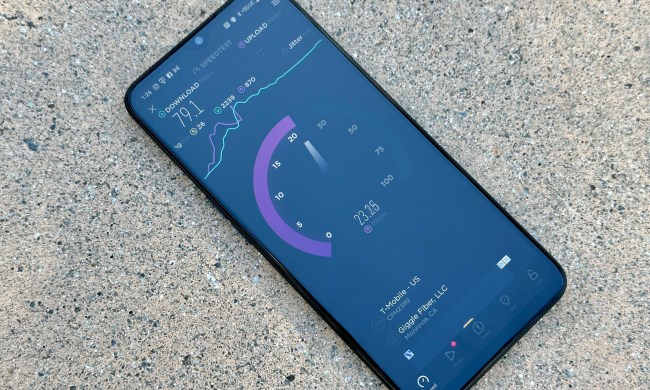Even though people have been talking about 5G’s potential for years, Verizon says 5G converts shouldn’t expect more than a small bump in performance from its network, at least at first.
Verizon CEO Hans Vestberg said during a J.P Morgan investors webcast on Tuesday, May 12, that early adopters would see “some improvements. Over time, dramatic improvements.”
As we’ve said in the past, 5G will be more of an evolutionary step, rather than revolutionary. Part of the reason for that is that “carriers are pairing 4G and 5G networks to speed deployments, and concentrating on breadth of coverage rather than speeds.”
Vestberg offered another perspective on why customers might see only modest gains in speed: Verizon’s 4G network is top tier, so its 5G network will be competing with a network that’s already impressive.
Once 5G hits its stride, however, it could be a game-changer. Performance targets suggest that individual users will get download speeds of 100Mbps, with upload speeds of 50Mbps. Additionally, 5G networks could cut latency on transmissions down to 4 seconds or even 1 second, making situations like remote surgery doable.
The development of autonomous vehicles will also benefit from the significantly faster speeds, with self-driving cars able to communicate with one another with the split-second precision needed to avoid accidents.
For regular customers who just want a web page or video to load faster, however, that huge leap in speed might not be apparent for a while.


